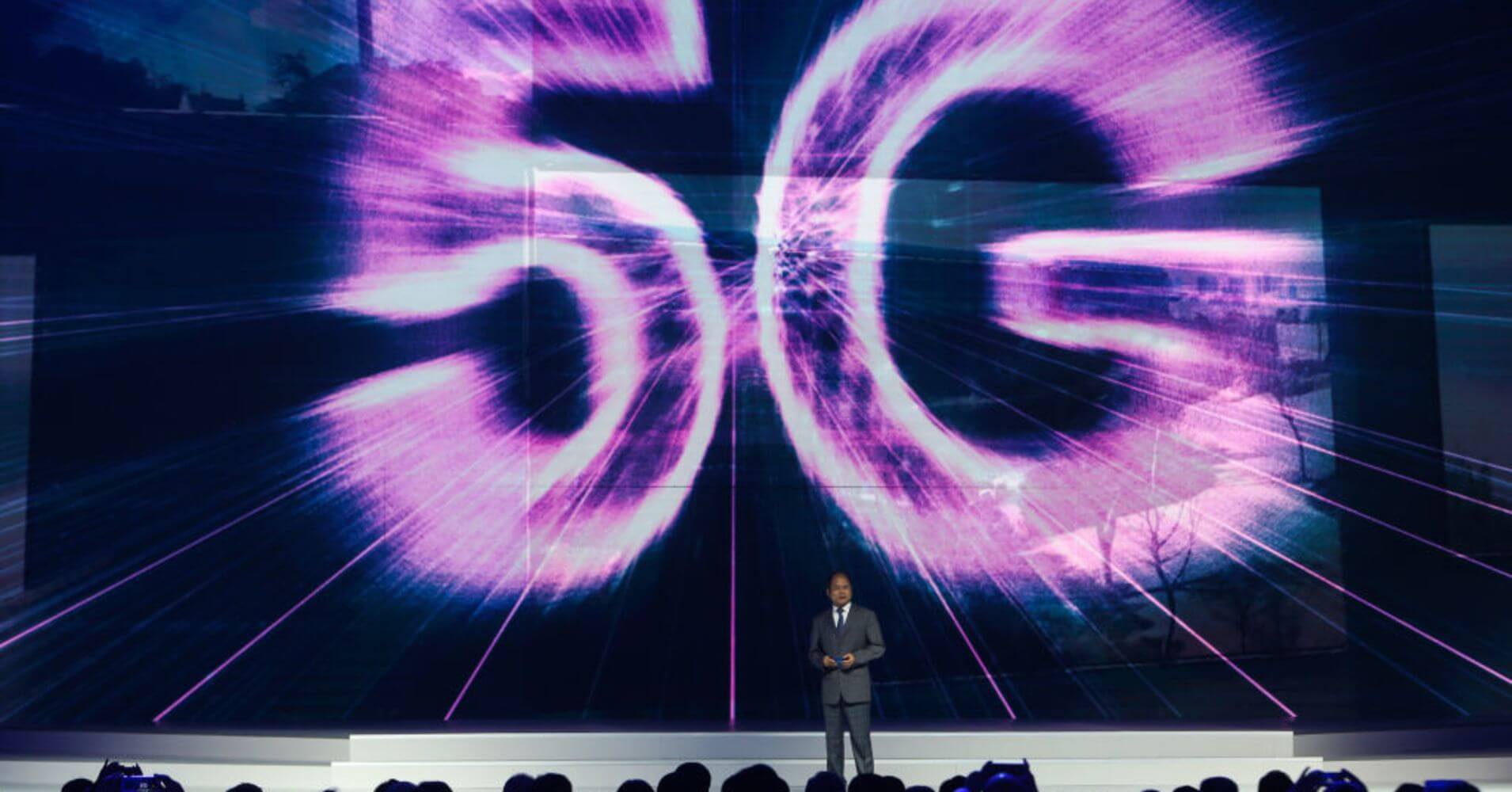During the last month at Davos, Switzerland, many of the officials at the World Economic Forum were seemed to be pessimistic because of the trade and the global economy. But one issue should concern them, even more, is that the splinternet. In the Asian countries such as Russia and China and their allies will adopt one type of internet reinforcing the power of political regimes, removing data privacy for the citizens under the guise of security and the efficiency, a policy which would further mainland software and hardware sales while the rest of the world would likely to adopt a different set of common standards and principles that reflect the western values on democracy, freedom of speech and privacy. Racing no mistake, the United States is pitted against China in the race to teach the supremacy and 5G is integral to that future.
Nokia and Ericsson the two major 5G equipment makers are the two big players for now, but they would need partners if Huawei, the Chinese giant is shut out of 5G development in the west and if the extreme scenarios will happen where the orders of governments, the replacement of previous 3G and 4G Huawei equipment because of the security reasons. Remember, many ordered the equipments from Huawei has not just because of good technology but because it was cheaper. Watch for equipment pricing implications and additional costs for telecoms. That said, telecoms refuse to let history repeat itself.
GSMA, the body for telecommunications, is urging the telecom operators to alter their DNA, so they not only create value with 5G but benefit from that value, unlike the transition from 3G to 4G when they were saddled with investment and low returns. As operators launch early versions of 5G this year, we will begin to witness how 5G revenue is split between equipment makers, telecoms, software makers, tech giants, handset makers, and new entrants.
Most of the telecoms companies in Europe are still angling for the scale to weather the changes and for a good reason. For example, the Chinese telecommunications market which is a duopoly from the outside, yet internally a monopoly with two operators carving up the region has been the one dominant in the north, one in the south versus Europe with a few operators in most of the countries. This shows that the likes of China Telecom have 300 million mobile users, In France, Orange has 19 million in its home market, however, 200 million gratitudes to other markets such as Africa and the Middle East. BT has about 29 million. European regulators must allow cross border and internal consolidation in 2019, and telecom companies think the mood is friendlier at least in Brussels.
At the end of the month, many of the Investors will be wondering and wait for the Mobile World Congress in Barcelona, where ARM will talk about being ready to connect to a trillion devices with the internet of things.




